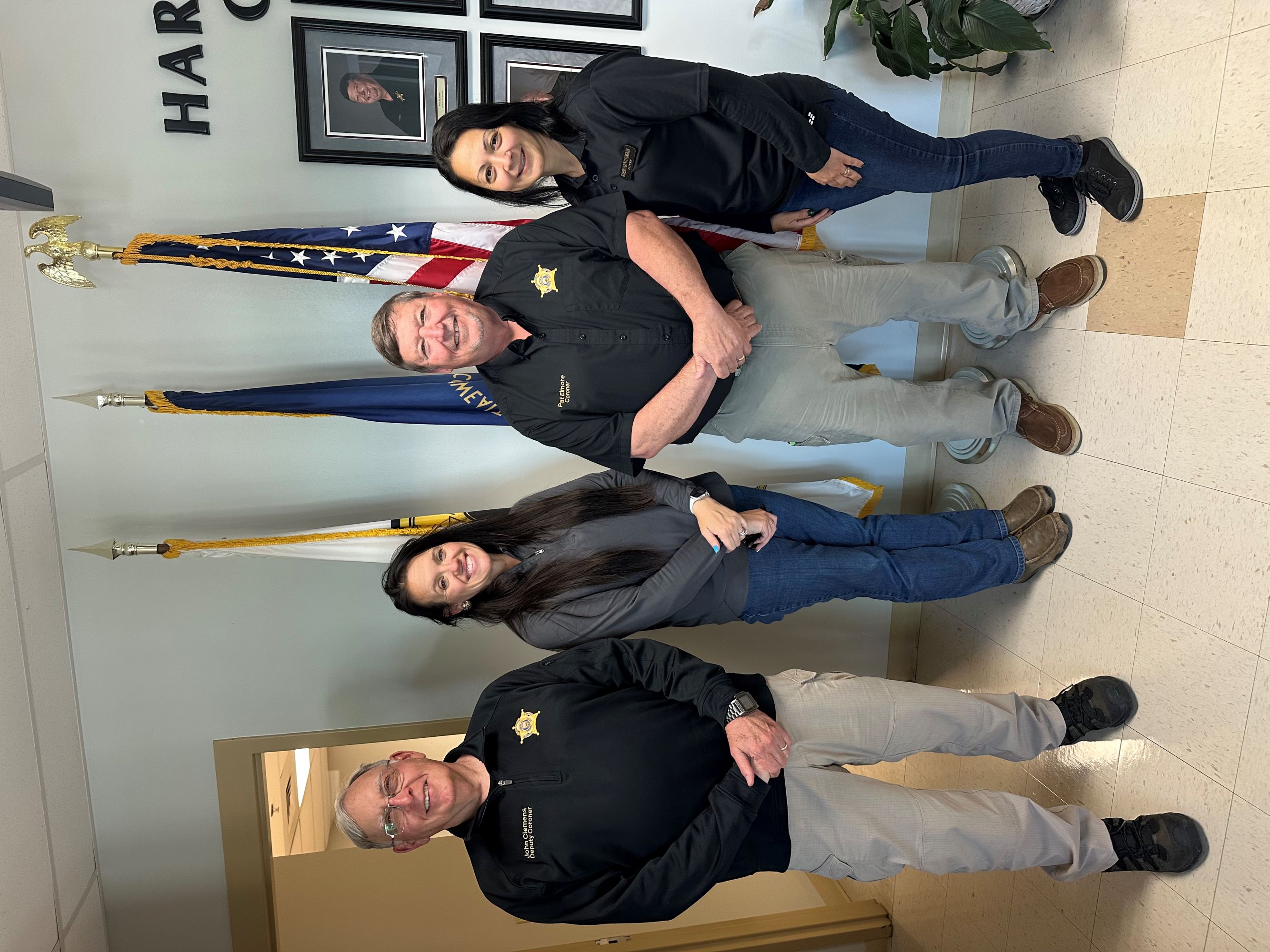Coroner’s Office internship solidifies career path
As part of the requirements for my associate degree in criminal justice, I completed a 120-hour internship at the Hardin County Coroner’s Office. This experience not only was educational, but also deeply impactful, offering a unique, behind-the-scenes perspective into a critical and often overlooked part of the criminal justice system.
From the first day, I was welcomed into a professional environment marked by integrity, compassion and dedication. Every deputy coroner I worked with demonstrated exceptional knowledge, ethical standards, and a strong sense of duty. They took the time to involve me in meaningful aspects of their work, always taking care to explain the procedures, legal standards, and real-world implications of death investigations. Their mentorship throughout my internship was invaluable.
I had the opportunity to observe and assist with various aspects of medicolegal death investigation, including scene response, documentation and the chain of custody for evidence. These experiences gave me practical insight into how criminal justice, public health and forensic science intersect. The professionalism of the deputy coroners in handling every case – with empathy for the families and precision in their investigative methods – left a lasting impression on me.
One of the most profound takeaways from my internship was learning about the office’s commitment to dignity and respect for all decedents, regardless of their life circumstances. The Hardin County Coroner ensures that unclaimed bodies, such as adults with no next-of kin, stillborn infants and veterans, receive heartfelt and honorable burials. This compassionate service reflects the office’s deep sense of ethical responsibility and community care. Observing these ceremonies and the effort that went into honoring each individual was humbling and inspiring.
Another unique and significant initiative housed within the Hardin County Coroner’s Office is the Quick Response Team. This team responds to non-fatal drug overdoses with a compassionate, proactive approach. When someone survives an overdose, a QRT member follows up to offer support, connects the patient with rehabilitation resources and, if not ready for treatment, provides Narcan (naloxone), drug testing kits, and continued moral and emotional support. This program plays a critical role in harm reduction and overdose prevention, bridging gaps between crisis and recovery.
Additionally, I learned about the Overdose Fatality Review program, a collaborative initiative that brings together professionals from multiple sectors – including hospitals, Emergency Medical Services, law enforcement, public health, specialty courts, probation and parole, rehabilitation centers and the coroner’s office – to review overdose deaths of Hardin County residents. This multidisciplinary team thoroughly examines fatal cases, identifies patterns and systemic gaps, analyzes statistical trends, and discusses potential interventions that could prevent future fatalities. The OFR program reflects a forward-thinking and evidence-based approach to community health and safety, demonstrating the office's commitment not only to investigating deaths but also to preventing them.
Overall, my internship at the Hardin County Coroner’s Office solidified my interest in pursuing a career in criminal justice, particularly in forensic investigation or death care services. I am grateful to the deputy coroners for their professionalism, educational guidance and unwavering commitment to upholding both justice and humanity in every case they handle.
Tasks Performed During Internship:
- Observed and assisted with scene investigations
- Participated in evidence collection and documentation
- Conducted urinalysis testing at the morgue
- Maintained chain of custody for toxicology samples
- Attended and observed OFR briefing
- Participated in transportation and intake of decedents
- Observed respectful handling and burial arrangements for unclaimed individuals
- Filing of documents
- Learning coroner terminology and linguistics

Wirawan Winburn, far right, is pictured with, from left, Deputy Coroner John Clemens, Chief Deputy Coroner Shana Norton and Coroner Pat Elmore.
